Journaling for Mental Wellness: Guidance for Adolescents and Teens
Mental wellness journaling, championed by Lone Tree Adolescent and Teen Therapy, is a powerful tool…….
In the complex landscape of adolescent and teen mental health, a specialized therapeutic approach has emerged as a beacon of hope—Lone Tree Adolescent and Teen Therapy (LTAT). This innovative field focuses on addressing the unique challenges faced by young individuals during their formative years, aiming to foster resilience, promote well-being, and enhance overall life satisfaction. As awareness of mental health issues among adolescents continues to grow globally, LTAT has gained prominence as a game-changer in youth support systems. This comprehensive article delves into the intricacies of LTAT, exploring its definition, impact, and the multifaceted factors shaping its development. By examining various aspects, from historical roots to technological innovations, we aim to provide valuable insights for professionals, policymakers, and families alike.
Lone Tree Adolescent and Teen Therapy is a specialized branch of psychotherapy designed specifically for individuals aged 13 to 19. It incorporates elements from various therapeutic modalities, including cognitive-behavioral therapy (CBT), mindfulness practices, and solution-focused brief therapy (SFBT). The core objectives of LTAT revolve around:
The roots of LTAT can be traced back to the late 20th century when psychologists and therapists began recognizing the distinct needs of adolescents within therapy settings. Traditional adult-oriented psychotherapy was found to be less effective for younger individuals, leading to a push for specialized approaches. This evolution gained momentum in the 1980s and 1990s with the rise of evidence-based practices and the growing acknowledgment of adolescent mental health concerns.
Key milestones include:
Lone Tree Adolescent and Teen Therapy has transcended geographical boundaries, becoming a globally recognized approach to youth mental health support. Its significance lies in addressing the universal challenges faced by adolescents while also catering to cultural nuances. Here’s an overview:
The impact of LTAT varies across regions due to factors such as economic disparities, healthcare infrastructure, and cultural attitudes towards mental health. In high-income countries, access to LTAT is generally more equitable, with well-established public and private service providers. However, in low- and middle-income nations, affordability and availability remain significant challenges:
| Region | Access to LTAT | Average Session Cost | Public vs Private Availability |
|---|---|---|---|
| North America | High | $100-$250 per session | Widely available, with some public funding |
| Europe (Western) | Moderate-High | €70-€150 per session | Mix of public and private services |
| Asia (Selective Countries) | Low-Moderate | Varies greatly, often affordable in public clinics | Limited public access, dominated by private sector |
| Sub-Saharan Africa | Very Low | Often free or extremely low cost in public sectors | Sparse availability, concentrated in urban areas |
The landscape of LTAT is dynamic, driven by ongoing research, technological advancements, and evolving cultural perspectives. Some key trends shaping the future of this therapy include:
The LTAT market is a growing segment within the broader mental health industry, attracting significant investment due to increasing demand and recognized benefits. Key economic factors include:
Funding for LTAT services varies across jurisdictions, influenced by public policy priorities and healthcare systems. Common funding sources include:
Technology has revolutionized the delivery of LTAT, offering innovative solutions for therapy accessibility and engagement:
Technological advancements hold immense promise for expanding access to LTAT and personalizing treatment:
The regulatory environment for LTAT varies across jurisdictions, reflecting cultural and societal attitudes towards mental health services:
Policy and regulatory frameworks significantly influence the provision of LTAT:
One of the primary challenges faced by LTAT is ensuring equitable access to services, particularly for marginalized adolescent populations:
Critics have raised concerns regarding the effectiveness, ethical considerations, and potential risks associated with LTAT. To address these issues:
Setting: A large urban public high school in the United States.
Challenge: High rates of anxiety, depression, and substance abuse among adolescents, with limited access to mental health services outside of school hours.
Solution: Implemented a school-based LTAT program offering after-school and weekend sessions. The program included:
Outcomes:
Setting: A small rural community in Australia.
Background: Limited access to mental health services in a geographically dispersed area with a young population.
Approach: Launched a mobile LTAT clinic, utilizing telehealth technologies and visiting different communities to provide on-site therapy sessions. Services included:
Impact:
The future of LTAT holds immense potential, with several growth areas and emerging trends shaping its evolution:
To capitalize on these future prospects, key strategic considerations include:
Lone Tree Adolescent and Teen Therapy represents a powerful tool in the global effort to improve youth mental health outcomes. By understanding its history, impact, and various facets, we can appreciate the transformative potential of this specialized approach. As technology, research, and cultural awareness continue to evolve, LTAT will play an increasingly vital role in supporting adolescents as they navigate the complexities of growing up.
By addressing barriers to access, embracing technological innovations, and fostering collaborative environments, we can ensure that more teens receive the compassionate and effective therapy they deserve. The future of youth mental health holds promise, with LTAT at its core, empowering young individuals to thrive and reach their full potential.
Q: What makes LTAT different from traditional adult therapy?
A: LTAT is specialized for adolescents (13-19 years old), incorporating age-appropriate therapeutic techniques and a deeper understanding of the unique challenges faced by this age group.
Q: How can I know if my teen needs LTAT?
A: Signs may include persistent feelings of sadness, anxiety, sudden changes in behavior or grades, withdrawal from social activities, or talk of self-harm. Open communication and consultation with professionals are crucial.
Q: Is LTAT only for severe mental health issues?
A: While LTAT can address a range of concerns, it is also preventive and promotes overall well-being. Many adolescents benefit from LTAT as a supportive measure to enhance resilience.
Q: Can LTAT be done remotely via video conferencing?
A: Yes, telehealth is a significant aspect of modern LTAT, allowing remote sessions via video conferencing tools. This increases accessibility, especially in rural areas or for teens with limited mobility.
Q: How do I find a qualified LTAT therapist?
A: Reputable therapy clinics, mental health associations, and online directories can help locate certified LTAT therapists. Verifying credentials and insurance coverage is essential.

Mental wellness journaling, championed by Lone Tree Adolescent and Teen Therapy, is a powerful tool…….
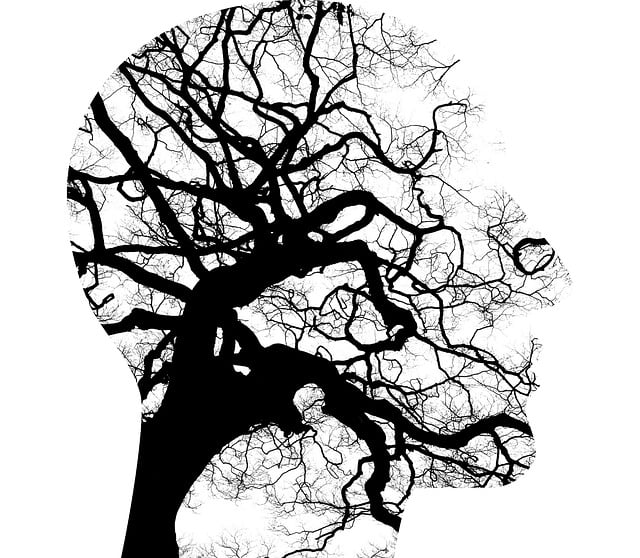
Understanding mental health policy is key to improving access to evidence-based practices for adoles…….
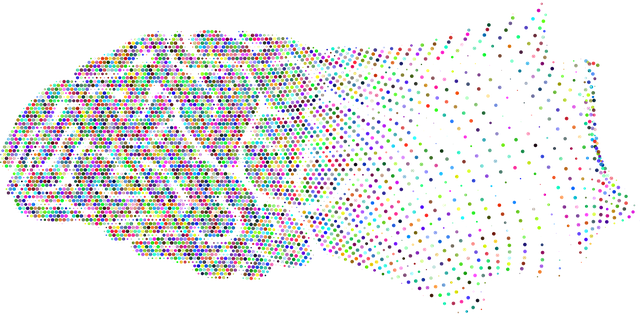
Lone Tree Adolescent and Teen Therapy offers tailored crisis intervention and comprehensive mental h…….

Lone Tree Adolescent and Teen Therapy centers face the pressing issue of healthcare provider burnout…….

Lone Tree Adolescent and Teen Therapy focuses on specialized mental wellness coaching for teens, add…….

Depression, affecting millions globally, requires early intervention. Lone Tree Adolescent and Teen…….
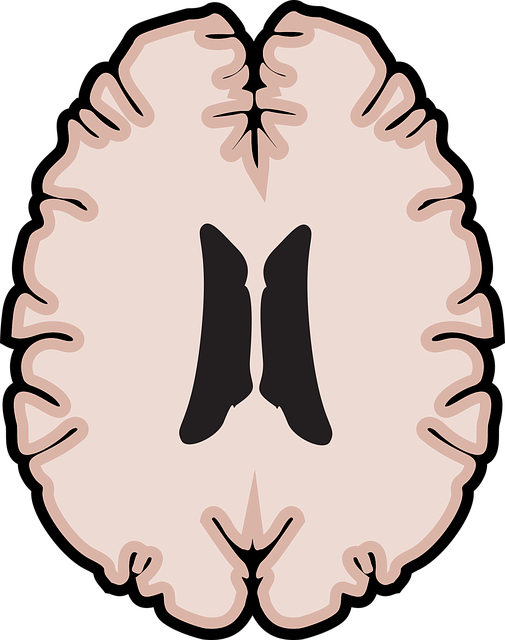
Lone Tree Adolescent and Teen Therapy leverages data analysis to significantly improve mental health…….
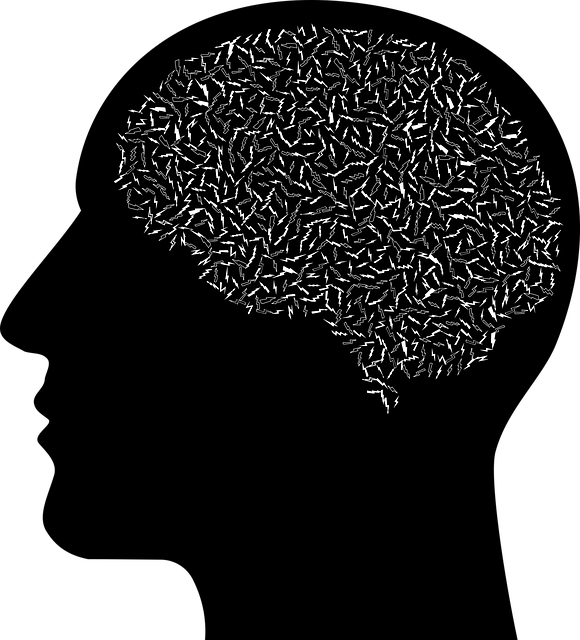
Lone Tree Adolescent and Teen Therapy emphasizes data-driven approaches to mental health care. They…….

Lone Tree Adolescent and Teen Therapy provides specialized trauma healing for vulnerable adolescents…….
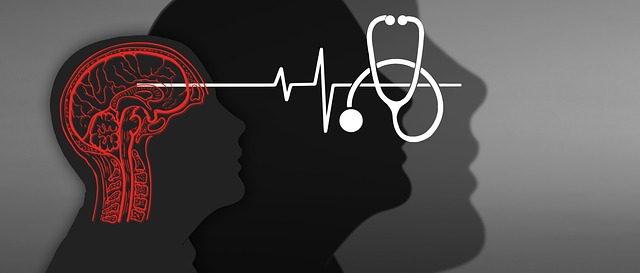
Lone Tree Adolescent and Teen Therapy offers specialized counseling for teens dealing with loss, gri…….